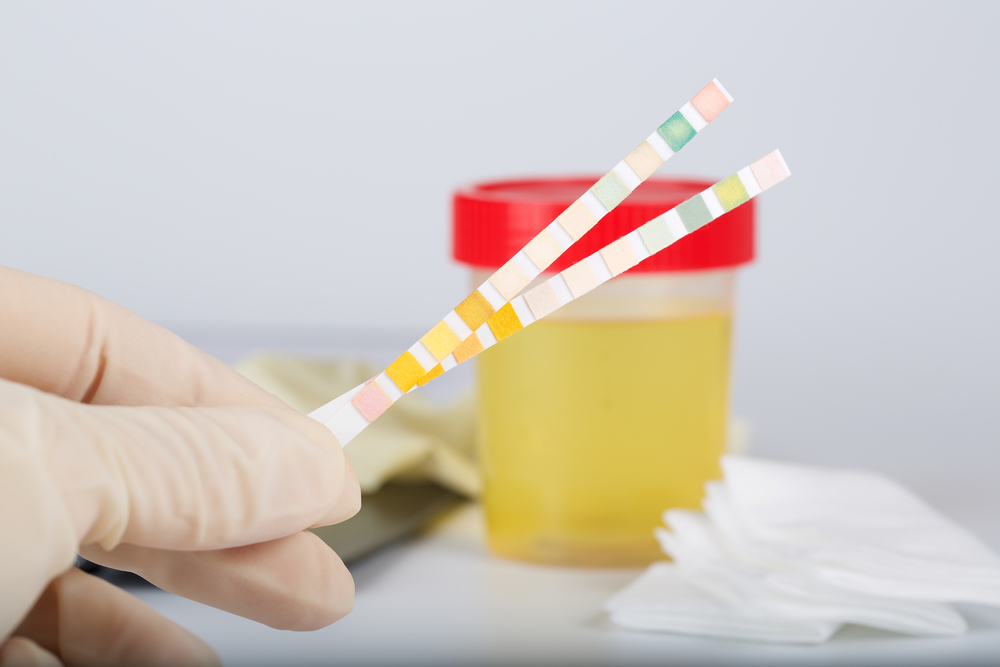Contents:
- Medical Video: 10 Best Probiotics for Kids 2018
- What is a probiotic drink?
- Are probiotic drinks safe for small children?
- Can I give probiotics for children?
Medical Video: 10 Best Probiotics for Kids 2018
Probiotic drinks are proven to provide benefits for the health of your digestive tract. This drink has been sold in various brands, so we can find it easily. Probiotic drinks contain good bacteria and have a distinctive taste, so many people, including young children, like probiotic drinks. However, are probiotic drinks safe for consumption by young children?
What is a probiotic drink?
Probiotics or good bacteria are live bacteria or yeast that are good for the health of your digestive tract. Probiotics are naturally present in your intestine. They work by balancing the number of bacteria living in the digestive tract. The number of good bacteria in the intestine is increased, while the number of bad bacteria will be suppressed so that the amount is not excessive.
You can increase the number of good bacteria in the digestive tract by consuming foods that contain probiotics. Foods or drinks that contain probiotics generally are those that go through a fermentation process, such as yogurt and some types of cheese.
Currently there are also probiotic drinks that are sold freely at affordable prices. Probiotic drinks are drinks that contain microorganisms, such as bacteria from the group Lactobacillus and Bifidobakterium which are deliberately added to drinks.
The benefits of probiotics in adults have been proven. Probiotics or good bacteria from food can help balance the composition of bacteria in the intestine, creating a good environment in the intestine. This is useful to help maintain the health of the intestines of adults. Then, what about small children?
Are probiotic drinks safe for small children?
In general, providing food or drinks containing probiotics to young children is not dangerous, but it cannot be proven that this really brings benefits to young children. Some studies show that probiotics are beneficial in curing and preventing diarrhea, but the impact is very low.
Some studies have shown that probiotics can prevent pathogenic infections that cause diarrhea. One of them is a study conducted in 2005 involving infants aged 4-10 months. In this study it was reported that infants who were given probiotics for 12 weeks had less duration of diarrhea compared to infants not given probiotics.
Besides being useful in diarrhea children, other studies also prove that probiotics can be used to prevent certain allergies, eczema and asthma. However, according to the American Academy of Pediatrics (AAP), the results of this study have not been further proven.
This is reinforced by several other studies that cannot show the benefits of probiotics on children's intestinal health. As in a study published by the journal Pediatrics which found that probiotics did not produce any effect on children with constipation. Probiotics also do not prove useful for treating irritable bowel syndrome, chronic ulcerative colitis, infantile colic, and others.
A study published by the European Journal of Clinical Nutrition also showed that there was no difference between children given yogurt and children who were given a placebo. Children who drink yogurt experience fewer infectious diseases than children who are given a placebo. However, no significant differences have been found in this study. This study involved 638 healthy children aged 3-6 years.
Can I give probiotics for children?
Providing probiotic drinks to children does not prove to be harmful, but it does not seem to be very beneficial for children with good health conditions. Probiotics may be more beneficial for children who are suffering from acute diarrhea. So, you can give this probiotic drink to children, if you want.
There are many types and hundreds of different probiotic strains that are packaged in various doses, so it is difficult to know how much probiotics should be consumed, especially for children. In healthy children and in babies born quite old, high-dose probiotics do not show harmful effects on children. However, giving probiotic drinks may pose a risk to some children, such as babies born prematurely, children who have weak immune systems, and children with catheters or other medical devices in their bodies.
Further research is needed to determine the long-term effects of probiotics on children. In addition, research may also be needed to determine how much probiotics children can consume and how long children can consume it, so that children can receive benefits from probiotics, as explained by the American Academy of Pediatrics (AAP).
READ ALSO
- Nuts and Eggs Can Reduce Food Allergy Risk in Children
- 5 Things Parents Need to Know About Stomach Pain In Children
- Can You Give Spicy Food to Children?












